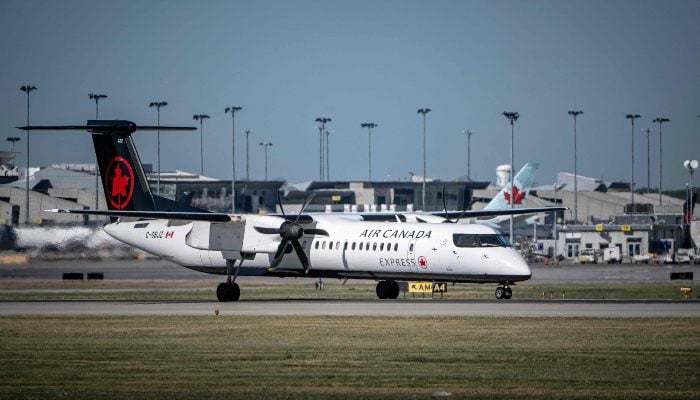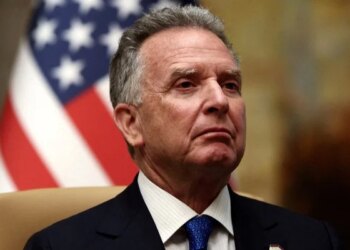Select Language:
Air Canada’s flight attendants were preparing to strike on Saturday, leading to the cancellation of hundreds of flights and affecting over 100,000 travelers. The Canadian Union of Public Employees (CUPE), representing 10,000 Air Canada attendants, was legally permitted to strike starting at 12:01 a.m. (04:01 GMT) after issuing a 72-hour notice on Wednesday. If no final agreement is reached, the strike could begin around 1 a.m., according to CBC.
In anticipation of the work stoppage, Air Canada announced it would gradually reduce operations. By Friday evening, the airline had canceled 623 flights, disrupting the plans of more than 100,000 passengers. The union is pushing not only for wage increases but also seeks to address unpaid work related to ground operations, such as during boarding.
Rafael Gomez, director of the University of Toronto’s Center for Industrial Relations, explained that compensating flight attendants for time spent on the ground is a common industry practice globally. Gomez highlighted that the union has effectively shaped public opinion by emphasizing perceived unfairness—such as passengers seeing attendants assisting without pay, which he considers a compelling issue.
On Thursday, Air Canada outlined its latest proposal, suggesting that a senior flight attendant could earn around CAD$87,000 ($65,000) annually by 2027. However, CUPE responded by criticizing the airline’s offer as “below inflation and below market value,” and rejected government and airline suggestions to settle disputes through independent arbitration.
Gomez forecasted that if a strike occurs, it likely wouldn’t last long, especially since it’s peak travel season. He indicated that the airline is motivated to avoid losing hundreds of millions of dollars in revenue and is essentially testing the resolve of the flight attendants with this standoff.






